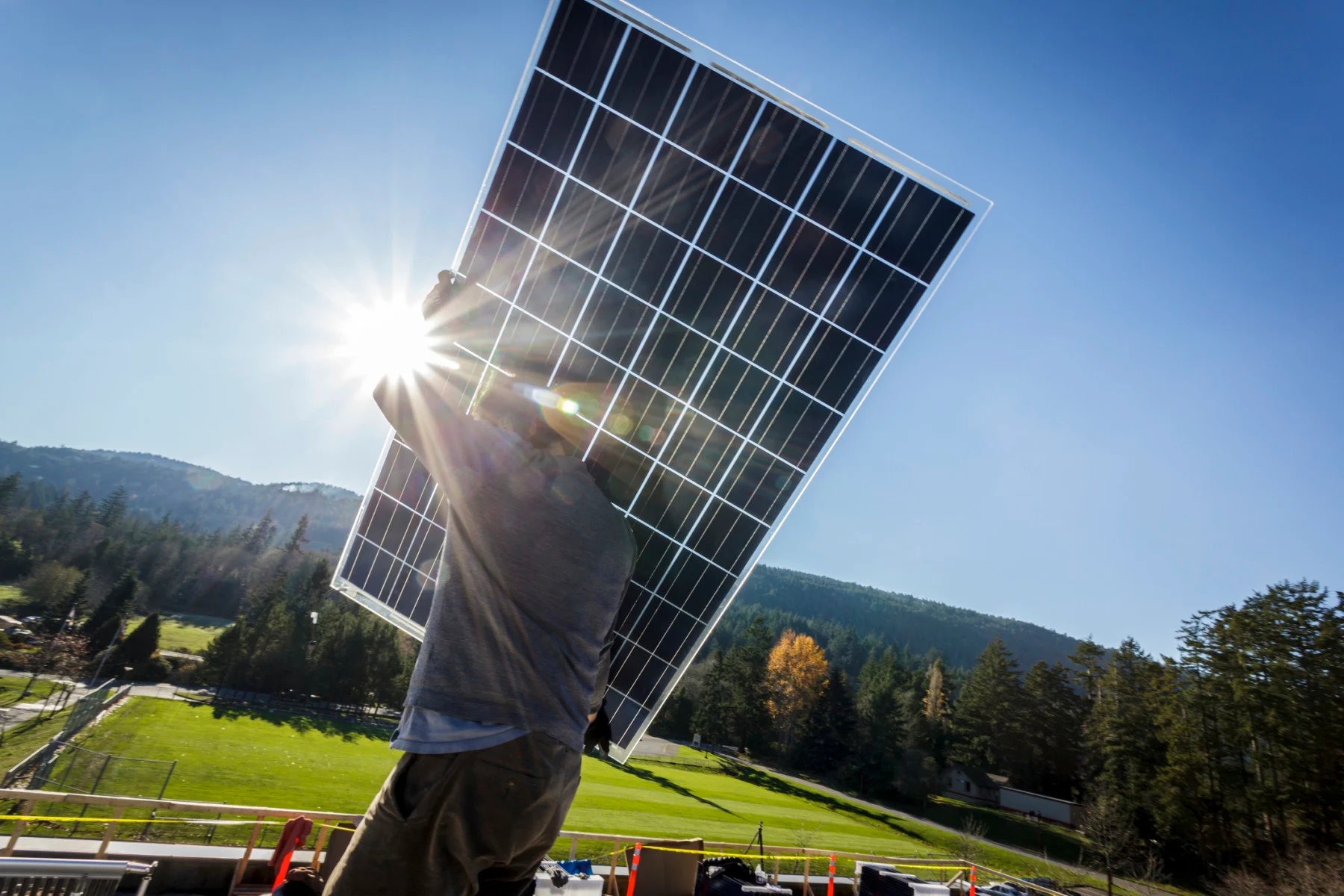
Nova Scotians confused about whether to go solar
Nova Scotia Power sent shockwaves through the solar power industry when they submitted a proposal that would introduce an additional fee for solar energy users. The public outrage was so strong that they quickly retracted. Where does that leave the solar industry now?
Earlier this year, unexpectedly, Nova Scotia Power (NSP) proposed that anyone who installed solar panels on their home would face a “system access charge,” about $8 a month on every kilowatt of installed capacity.
"We had customers either cancel their projects, postpone making a decision until this all gets sorted out, or just hold off indefinitely,” WattsUp solar installer Matt Grant told The Weather Network.
The move caught the province's solar industry completely off guard and they immediately rallied to demand the proposal be denied.
In defense of the proposal, on Jan. 29th, NSP CEO Peter Gregg issued a statement that said, in part, “We see a strong and fair Net Metering program as a critical part of reaching our shared goal to get Nova Scotia off coal by 2030. Today, the energy and service provided by NSP to solar customers is being subsidized by all of NSP’s other customers.”
The province of Nova Scotia, however, supported the solar industry with a government news release saying, “The province will protect solar homeowners and small businesses in the solar industry with regulations that will stop the proposed net-metering charge.” Additionally, Premier Tim Houston sent a letter notifying the Nova Scotia Utility and Review Board (NSUARB) of the government’s plans.
So what exactly is net metering?
Grant explained that, "when power is generated up on the roof, [this energy] gets used in the home first, and in the event there's surplus power produced by your system, that excess power gets sent through the bi-directional metre and placed back onto the grid, and that power could be used by your neighbours, or supplemented out into the community, but you're given credit for that excess power."
A major issue with the proposed fee is the energy produced by the Sun isn't always steady, says Grant.
"They're imposing a fixed fee on a piece of equipment that produces variable power."
In the end, Nova Scotia power decided it best to withdraw their proposal.
"We regret that there weren’t more conversations with the solar industry ahead of the filing and that they were caught off guard by the proposed changes and, specifically, the effective date these changes would apply,” stated Gregg.
“In the interest of ensuring that the right conversations can take place, we have made the decision to change the date in our filing from February 1, 2022 to February 1, 2023 and we will amend our General Rate Application to make this change," Gregg added.
A news release from the Premier’s office states that “the Province has committed to 80 per cent of Nova Scotia’s electricity needs being supplied by renewable energy by 2030" and that “there are now more than 4,000 solar homes across Nova Scotia.”
"The biggest advantage for solar is it's a piece of equipment that requires very little maintenance,” said Grant. “ It keeps producing year over year. All the equipment is generally warrantied for 25 years so it's pretty much a get it and forget it piece of renewable energy."
Thumbnail credit: Ron Watts/ The Image Bank/ Getty Images












